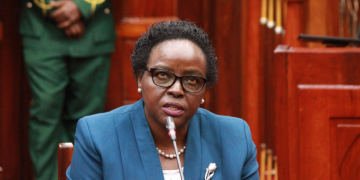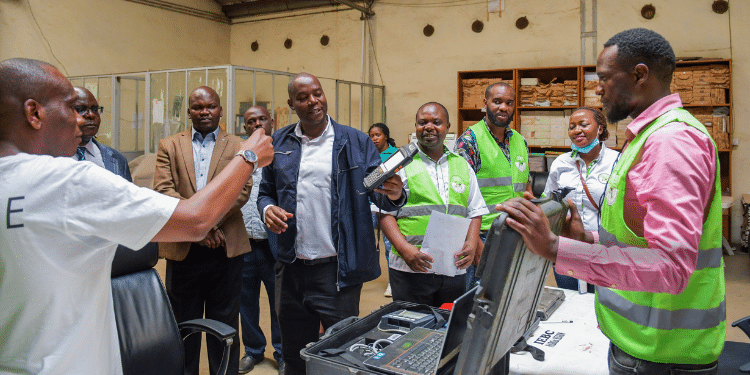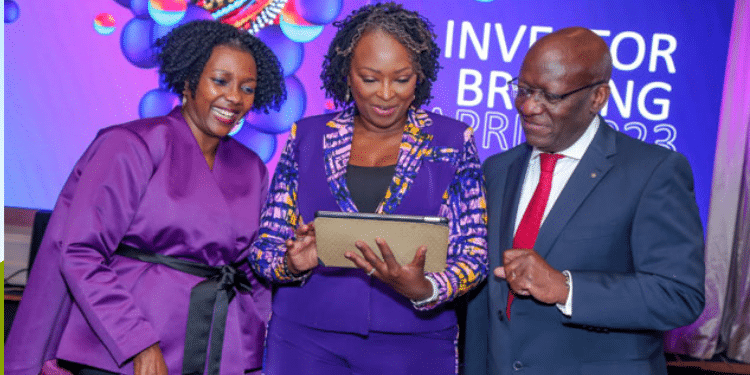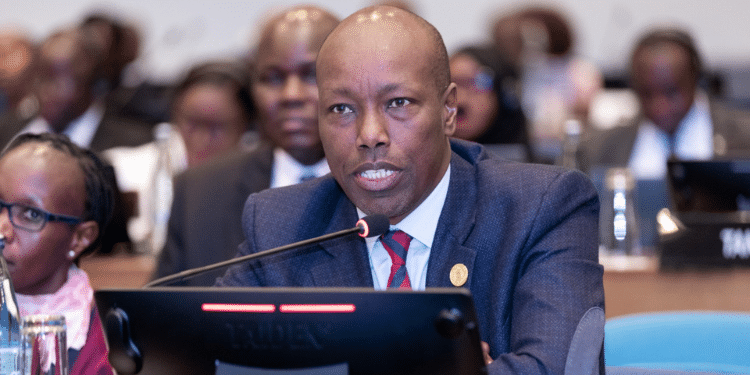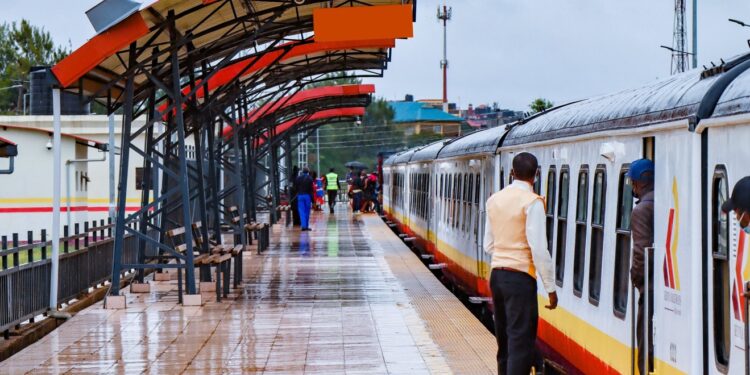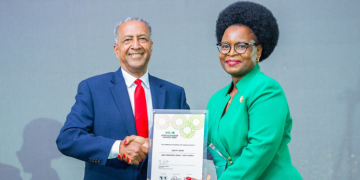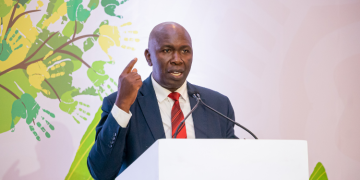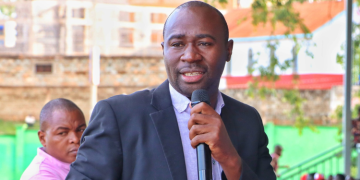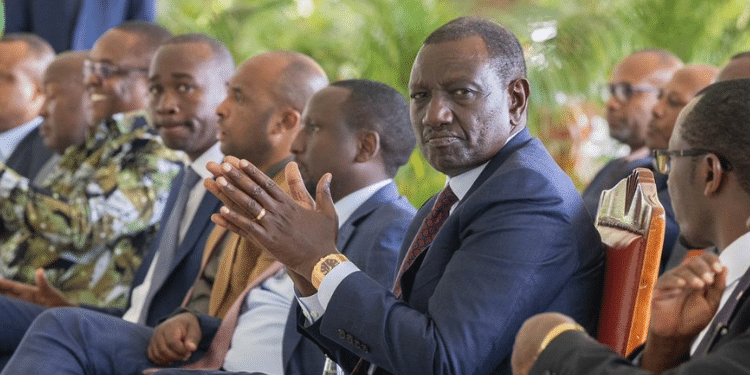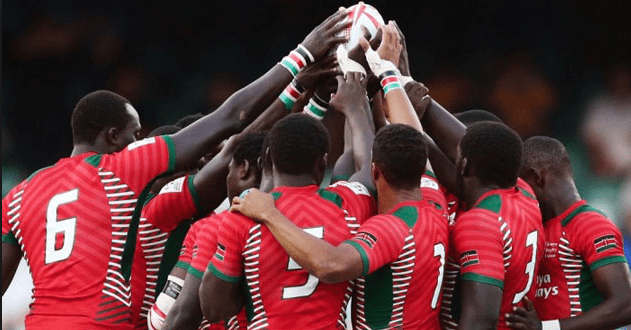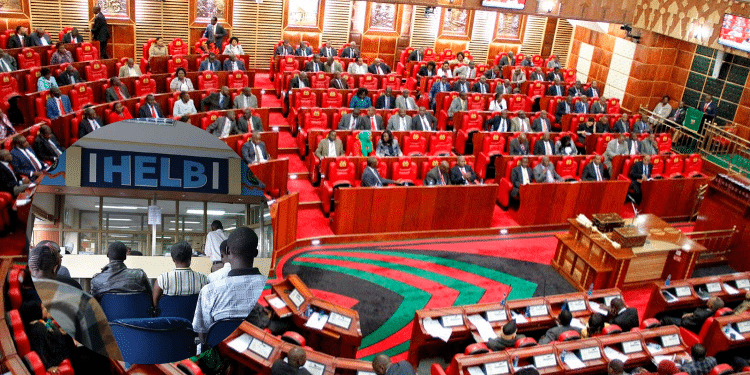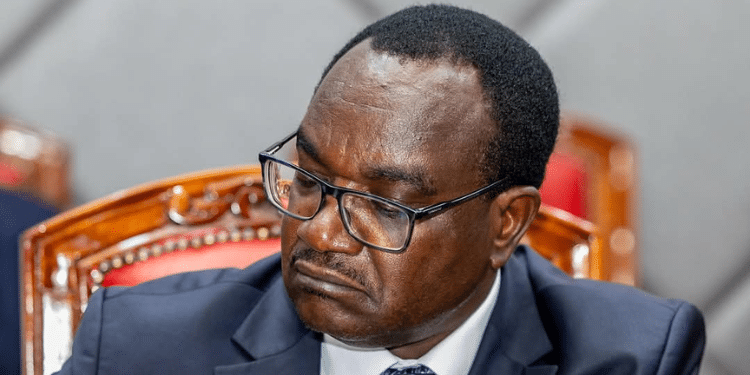The University of Kabianga (UoK) started in 1925 as a government school. Initially, the institution served as Kabinga Teachers’ Training College which came into being between 1929 and 1963.
It is at this point that the College was moved to the present Kericho County. The move paved way for the Kabianga Farmers Training Centre to be established in 1959 at the latter’s premises.
The college’s main aim was to instill farmers not only from the South Rift but beyond with skills to do agriculture, an activity which does well in the area.
The University Campus was elevated to a Constituent College of Moi University by Kabianga Order 2009, through the Legal Notice No 77 in the Kenya Gazette Supplement No. 36 of 29th May 2009 even as the then President Mwai Kibaki awarded charter to it finally becoming a fully-fledged University in 2013.
Notably, the Kericho West-based University has a variety of branches spread in vicinity including Kericho town campus, which is situated in Kericho Town, along Temple Road between Huduma Centre and KEWASCO; Kapkatet campus is located in Kapkatet town along the Kericho-Kisii highway and then finally Sotik Campus located in Sotik town also situated along the Kericho-Kisii highway.
The over 38,000 students-institution has five schools:
School of Agricultural Sciences and Natural Resources
The school was formed following the merger between School of Science (SST) and Technology and School of Information Science and Knowledge management (SISKM) in February 2021, following the Universities’ higher education reforms and restructuring.
Also Read: The Co-Operative University of Kenya: Courses Offered, Fees, Location and Campuses
The school offers undergraduate programs in various disciplines of Actuarial Science, Applied Statistics with computing, Biochemistry, Information Technology, Computer Science, Botany, Zoology, Chemistry, Physics, Microbiology, Mathematics and Information Science and Knowledge management.
In addition, the school offers postgraduate programs, including Master of Science and Ph.D. in Applied Mathematics, Applied Statistics, and Pure Mathematics, and various disciplines in Botany, Zoology, and Microbiology.
University of Kabianga School of Business and Economics
This school has a variety of programs including Doctorate Programs, master’s Programs, Undergraduate Programs, Diploma Programs and Certificate Programs.
The school continues to tailor its programs toward the needs of the market through continuous review and introduction of new market driven programs
School of Education, Arts and Social Sciences
The school offers undergraduate programs in various disciplines of Actuarial Science, Applied Statistics with computing, Biochemistry, Information Technology, Computer Science, Botany, Zoology, Chemistry, Physics, Microbiology, Mathematics and Information Science and Knowledge management. In addition, the school offers postgraduate programs, including Master of Science and Ph.D. in Applied Mathematics, Applied Statistics, and Pure Mathematics, and various disciplines in Botany, Zoology, and Microbiology.
School of Health Sciences
This school has three departments; Department of clinical medicine and optometry, department of public health and department of nursing nutritional sciences with the below departments which are pre-service and upgrading. The departments which the schools boast of so far are.
The current programs being offered by the school include:
- • B.Sc. Nursing (Pre-service)
- • B.Sc. Nursing (Upgrading)
- • B.Sc. Public Health
- • B.Sc. Clinical Medicine (Pre-service)
- • B.Sc. Clinical Medicine (Upgrading)
- • Diploma in Clinical Medicine and Surgery
School of Science and Technology
This school has undergraduate programs in Actuarial Science, Applied Statistics in computing, Biochemistry, Information Technology, Computer Science, Botany, Zoology, Chemistry, Physics, Microbiology, Mathematics and Information Science and Knowledge management.
There are Doctorate programs which include PhD. in Literature, Phd in Kiswahili, Phd. in Agroforestry, PhD. in English Education, PhD. in Educational Management and PhD. in Business Administration.
The entry level for any course at the university depends on the KCSE results. For instance, to qualify for an undergraduate program an applicant has to have a minimum mean grade of C+ in the Kenya Certificate of Secondary Education (KCSE) or its equivalent, with specific requirements varying by program.
Also Read: Kisii University: Courses Offered, Fees, Location and Campuses
Requiremts to Pursue Master’s Degree
To pursue master’s at the Institution one has to have a bachelor’s degree with at least a Second-Class Honors (Upper Division) or higher. However, the Institution at one point or the other has more specific requirements such as;
- Master of Business Management (MBM): A first- or second-class honors, upper division degree in Business, Economics, Administration, or Commerce.
- Bachelor’s degree with at least a Second-Class Honors (Upper Division) in Applied Mathematics, or a Second-Class Honors (Lower Division) with at least two years of relevant work experience.
- Bachelor’s degree in Kiswahili, Second Class (Upper Division) or equivalent with an upper/second division from a recognized Institution, or a Second-class bachelor’s degree in education (Lower Division) with two years teaching experience, or a Second-class Bachelor’s Degree lower division with a Post Graduate Diploma in Education (PGDE).
- First class or Second-class upper division in Forestry, Agro forestry, or biological sciences from recognized University, or Second-class lower division with at least two years relevant working experience.
- Be Principal or Deputy Principal, Head of Department of Schools, Colleges, Institutions of education or NGO officials involved in education, education officers or practitioners with at least 5 years teaching experience in Educational Institutions.
- University of Kabianga Senate Recognition:
Ensure your bachelor’s degree is recognized by the University of Kabianga Senate.
Those wishing to pursue PhD. programs are not left behind as long as they have held a Master’s degree from the institution or a recognized institution, with the institution’s specific program minimum requirements applying.
Available Programs and Their Fees
The Institution’s fee differs from one program to the other as stated below: For example, the fee for first year undergraduate government sponsored students B.A of science-nursing and BA of science-public health the fee can be broken down as below:
For first semester students the total fee is Ksh. 141,000 which include tuition fee which is Ksh. 126,700; Registration 1.000.00; UoKSO Annual Subscription 500.00; Quality Assurance 1.000.00 among others.
Second year students’ part with a total of Ksh275,400.00 with Ksh 126.750.00 being for tuition; medical fee 3.000.00 among others undergraduate programs include Bachelor of Education (Arts), Bachelor of Education (Early Childhood and Primary Education) which also has a master’s program which enables learners gain principals of teaching and learning, educational research and management, teaching methodology, educational planning and evaluation.
Also Read: Meru University: Courses Offered, Fees, Location, and Campuses
Postgraduates must be proficient in communication, research, organization, time-management, and analytical thinking. As of March 2023, University of Kabianga was ranked the 5th best University nationally and 51st best in the Sub-Saharan Africa according to the results released by Times Higher Education (THE).
The global ranking agency used a hybrid methodology to account for the diverse strengths of the Higher Education Sector, covering elements of teaching, impact and research.
Some of the notable alumina of the institute include the current Kericho County governor Dr. Erick Mutai, Vice Chancellor Prof. Erick Koech who took over as the Institution’s Vice-Chancellor in 2023 and also Prof. Isaac Naibei who co-authored a book on research methodology.
This article was written by Bernard Sigei.
Follow our WhatsApp Channel and X Account for real-time news updates.





